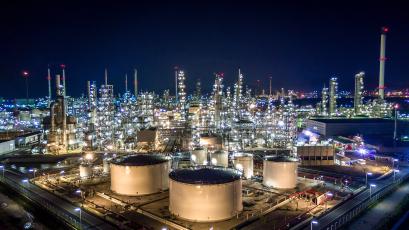WASHINGTON, D.C. – In response to the Biden Administration’s request to the FTC to open an investigation into retail gasoline prices, alleging anti-consumer behavior on the part of American companies, Derrick Morgan, AFPM Senior Vice President of Federal and Regulatory Affairs issued the following statement:
“Prices are determined by competitive firms operating in an environment of supply and demand. Unfortunately federal policy is discouraging supply by shutting down pipelines, putting future production off limits, talking down the future of the petroleum business, and imposing expensive requirements on refineries, chief among them a burdensome Renewable Fuel Standard. The Administration is blaming others when it ought to take a sober look at its own energy policy.”
To further visualize the point, here is a current look at the price differential between ethanol and wholesale gasoline and also a historic look at the changing components of retail gasoline prices. While crude oil remains the primary driver, federal policy & taxes and marketing & distribution have increased in their share of final prices.
Wholesale ethanol prices exceed wholesale gasoline (also known as BOB or blendstock for oxygenate blending) by roughly $1.00 per gallon.

Retail gasoline cost drivers include the cost of crude oil, federal and state taxes, fuel
distribution and marketing expenses, and, finally, the cost of fuel refining.
Source: AFPM analysis of U.S. Energy Information Administration data.
The American Fuel & Petrochemical Manufacturers (AFPM) is the leading trade association representing the makers of the fuels that keep us moving, the petrochemicals that are the essential building blocks for modern life, and the midstream companies that get our feedstocks and products where they need to go. We make the products that make life better, safer and more sustainable — we make progress.



